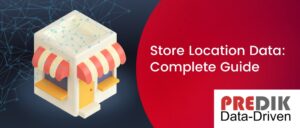Foot traffic analytics and point-of-interest analytics help large consumer electronics retailers measure mobility and understand consumer behavior patterns in any given zone of interest or point of sale.
Case Study: Media Markt in Madrid
At PREDIK Data-Driven we conducted a detailed study of a retail franchise store dedicated to the sale of consumer electronics products in the city of Madrid: Media Markt.
In this case study we analyzed the mobility and footfall inside and outside the store, in order to understand the behavioral patterns of consumers who visit this franchise. This analysis aims to answer the following questions:
How are visits distributed in the store?
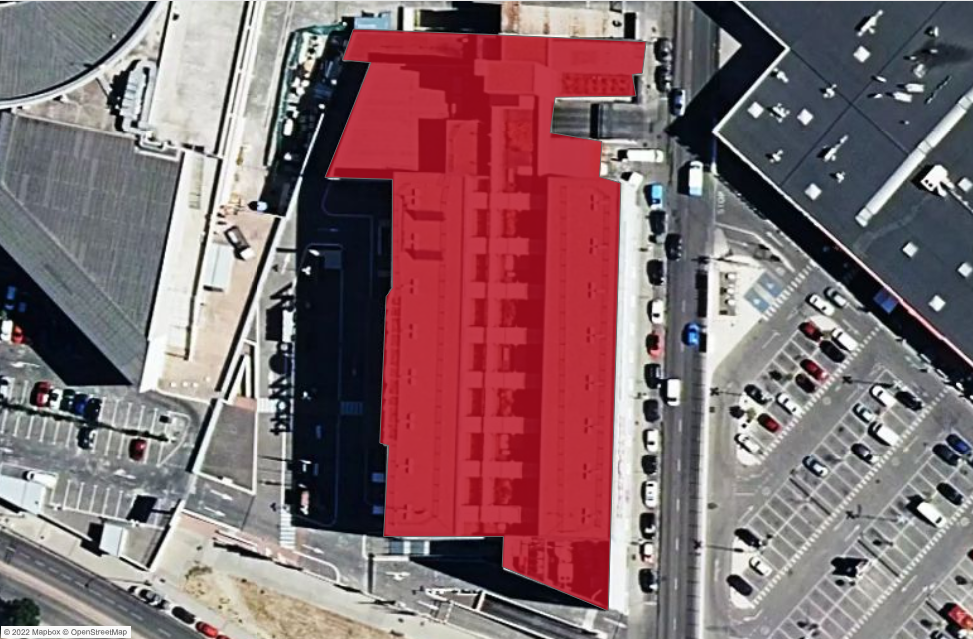
Through location analytics, we identify the points of interest and apply a heat map to visualize the in-store mobility patterns of the clients, which allows us to visualize the customer journey, the dispersion of consumers, and the distribution of visits within the establishment.
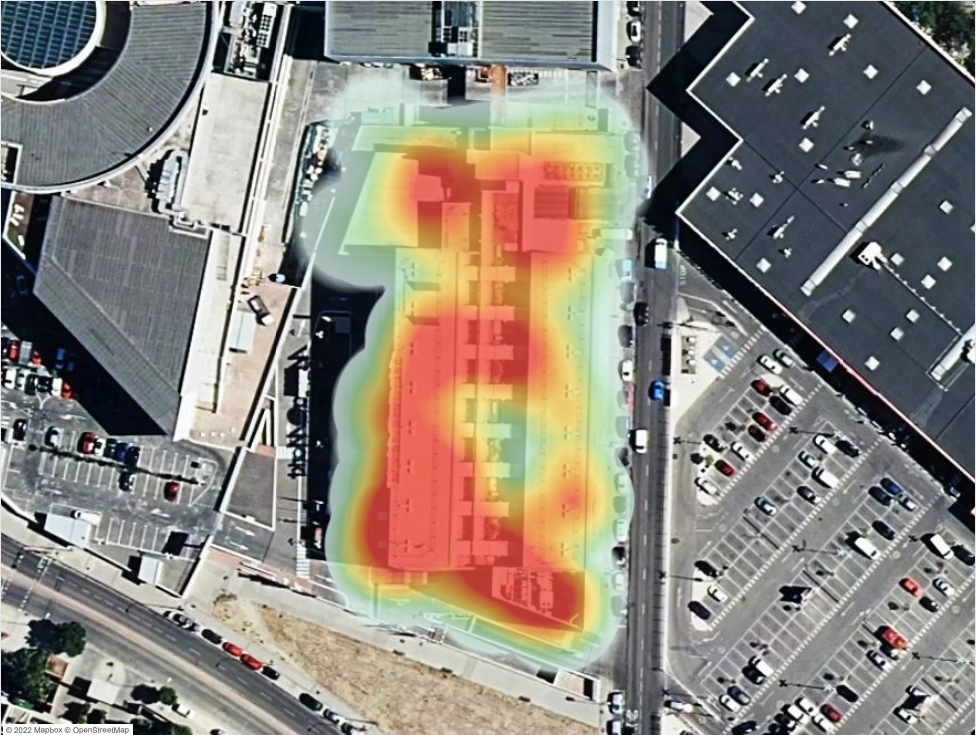
This provides very useful information when conceptualizing the design of the infrastructure and internal architectural plans that make up each establishment so that leaders can implement strategies that improve the customer journey and implement more efficient expansion models while maximizing the shopping experience of consumers.
During the month of September 2021, what was the evolution of visits of the facility?
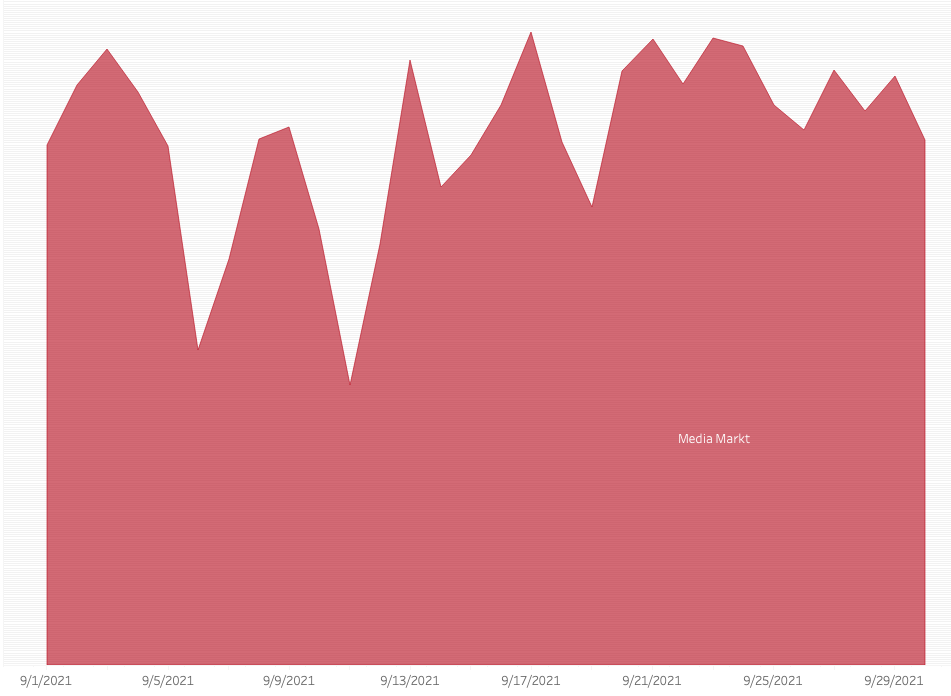
These analyses allow businesses to observe the evolution of visits over time, which can be very useful to identify patterns of foot traffic customer behavior and market trends in high and low traffic seasons.
Identify consumer behavior: Which days of the week are the most visited?
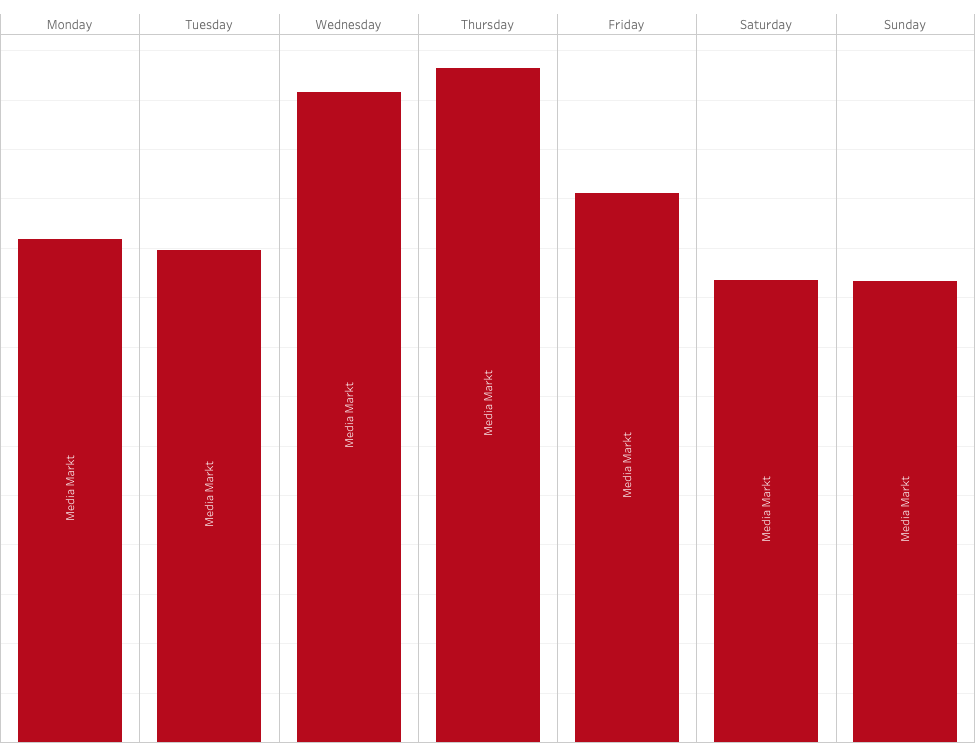
One of the most interesting applications of location intelligence is that it allows gaining detailed knowledge of customers’ behavior patterns by day, hour, month, or year, offering valuable insights to design marketing campaigns and commercial strategies based on the power hours of the facility.
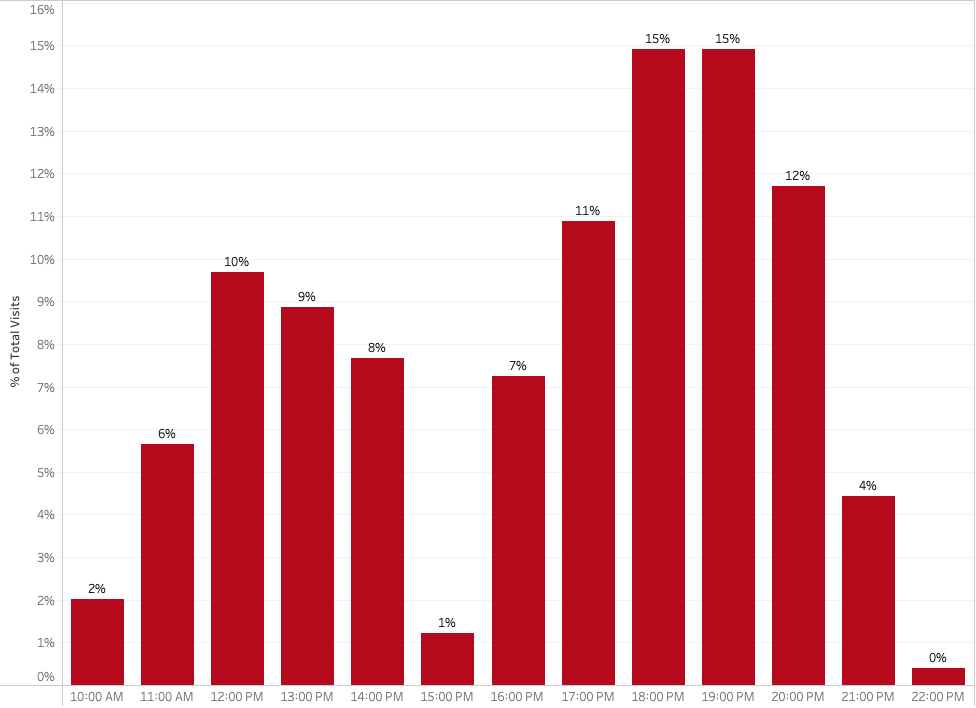
This analysis is very useful to know what is the performance of the stores at peak and off-peak hours of the day.
Note: These insights can be enriched by using data from the establishments themselves and a broader period of geospatial data, for this analysis only one month’s data was used, so the analysis is not as accurate as it could be once using more data sources and different time periods.
What is the foot traffic mobility pattern around the store?
Although foot traffic is related to the performance of any retail location, it is not the only key factor for success. Another fundamental aspect to be analyzed is the environment of the outlets, as it allows for comparisons and estimates of the number of visits, revenues, strategic and operational movements of the competition.
By gathering information on the competition’s potential customers, it is possible to carry out a more detailed benchmarking and generate strategies to capture the competition’s clients.
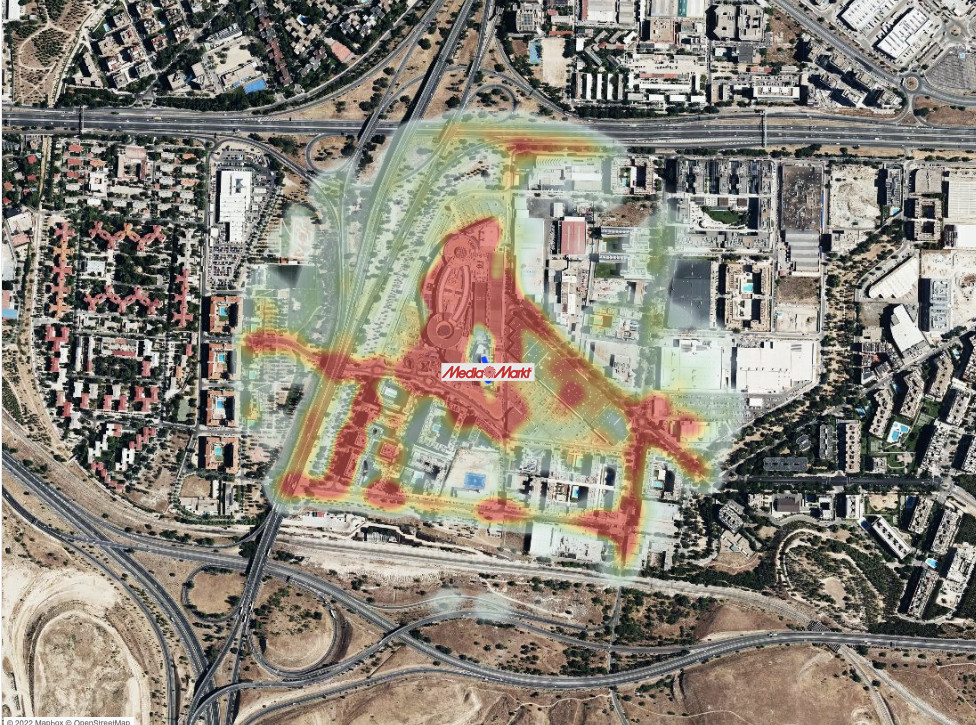
This analysis of the environment provides us with a detailed picture of the surrounding areas and the mobility patterns of people moving through the area. This data, combined with other factors, provides deep insight into predicting the revenues of any retail establishment.
What other insights can be gained by analyzing footfall at a point of sale?
If we were comparing Media Markt with a competitor, we could estimate the percentage distribution of unique and shared customers visiting a store. In the case of McDonald’s vs. Burger King Madrid, we show in detail what it would look like. Read the case study here.
Customer behaviour analytics
With this analysis, it’s possible to infer in which other places (stores, restaurants, shopping malls, residential areas, among others) the people who were at a point of interest also visited. Thus, Media Markt can analyze how their customers behave, since they can look where and how long they were before and after visiting the stores. This allows them to generate high-value insights to optimize the understanding of current consumers and search for new potential customers with similar behaviors.
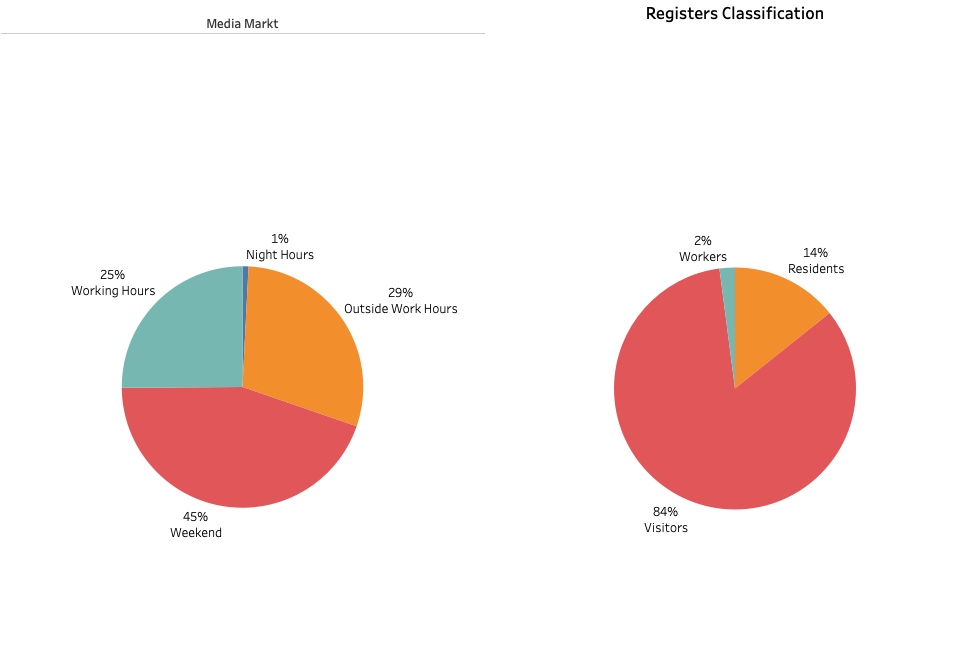
Identifying ideal areas in expansion and site selection strategies
With mobility data, it’s possible to clearly understand the behavior of the people who pass through a given area, how they’re alike, their tastes, preferences, relative wealth index, and purchasing potential. Including an in-depth analysis of the commercial establishments in the area in question, becomes a crucial factor in determining the best site selection strategies.
What is the revenue potential of my competitor?
Through machine learning models, it’s possible to predict the revenue and visits of a competitors´ store. With these models, Media Markt could get to estimate the revenue of its competitors in a specific week, month, or year. These models can also be used, for instance, to predict the potential success of an outlet that is about to open. This is ideal to complement feasibility studies for new stores in expansion plans.

